ONTARIO, CANADA—Economic historian Cornelius Christian of Brock University thinks the assassinations of Roman emperors could be linked to decreased rainfall and lack of food for the Roman military, according to a Live Science report. Christian compared ancient climate data collected in a previous study from fossilized tree rings in France and Germany—the Roman frontier—with records of mutinies and emperor assassinations. If local farmers could not produce enough food, he reasoned, hungry Roman soldiers could have been pushed into mutiny. “And that mutiny, in turn, would collapse support for the emperor and make him more prone to assassination,” Christian said. He pointed to the death of emperor Vitellius in A.D. 69 as an example. “Vitellius was an acclaimed emperor by his troops,” he explained. “Unfortunately, low rainfall hit that year, and he was completely flabbergasted. His troops revolted, and eventually he was assassinated in Rome.” Critics of the idea say the correlation of drought and assassination merits more research, but note the influence of inflation, disease, and war on the stability of the Roman Empire. To read more about the lives of Roman soldiers, who often lived in harsh conditions, go to "The Wall at the End of the Empire."
Can the Assassination of Roman Emperors Be Linked to Drought?
News August 8, 2018
SHARE:
Recommended Articles
Letter from the Levant March/April 2025
On the Origin of the Pork Taboo
Exploring ancient people’s shifting beliefs about rearing and eating pigs
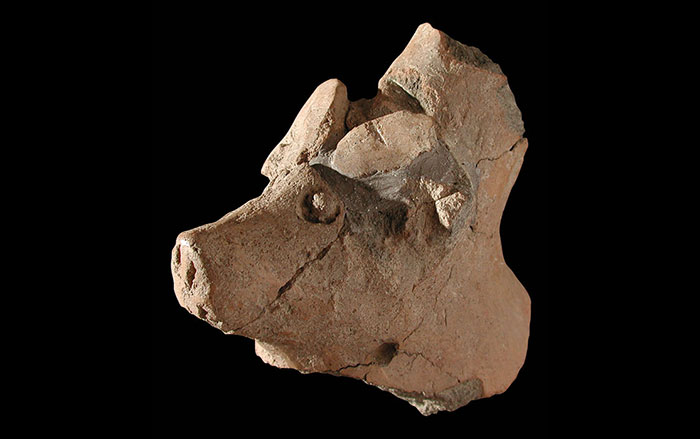
Courtesy Giorgio Buccellati
Digs & Discoveries November/December 2024
Imperial Garden Showdown

Italian Ministry of Culture

AdobeStock/ Kavalenkava
Digs & Discoveries July/August 2024
Black Magic Seeds
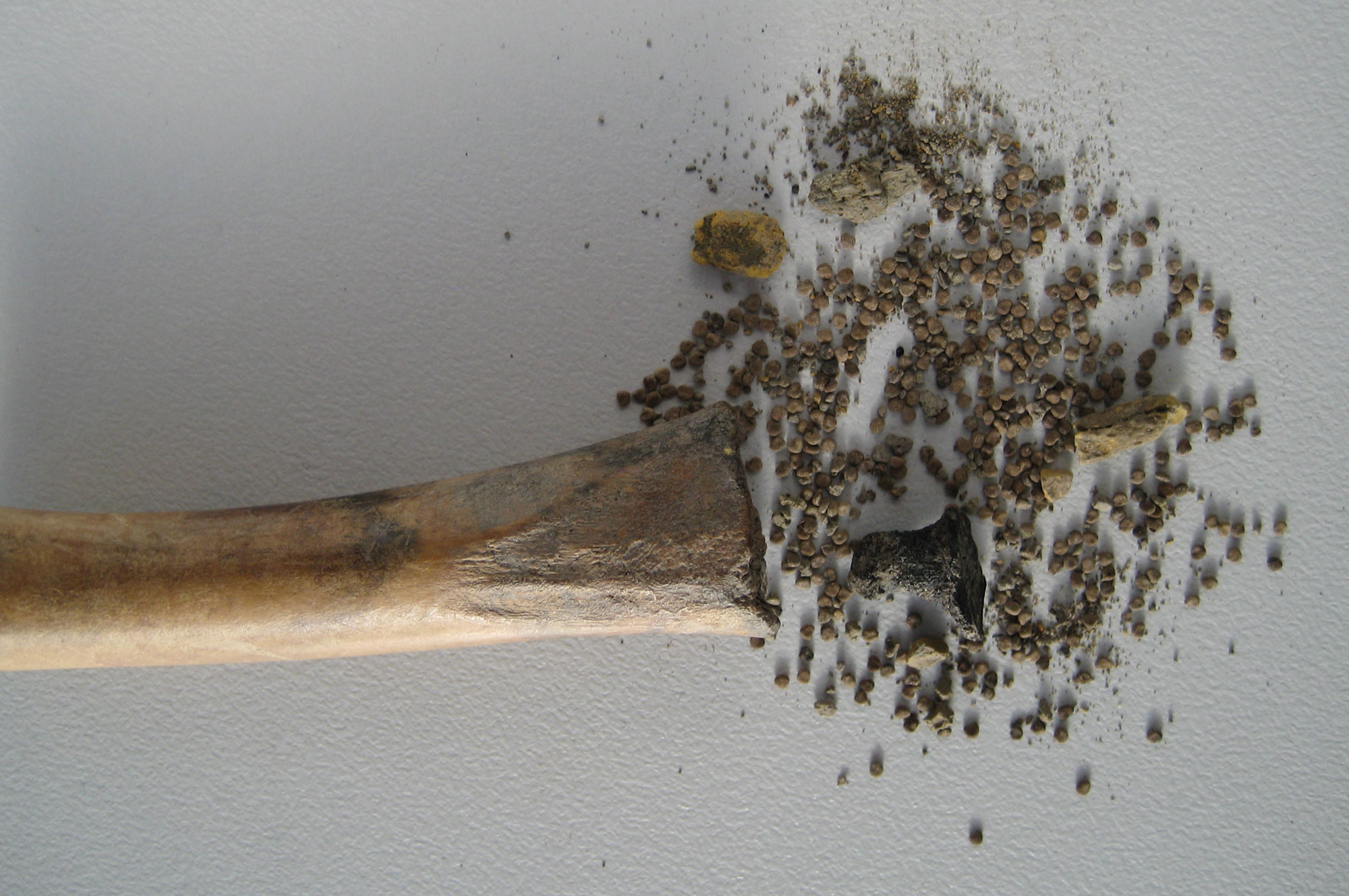
-
Features July/August 2018
The City at the Beginning of the World
The only Maya city with an urban grid may embody a creation myth
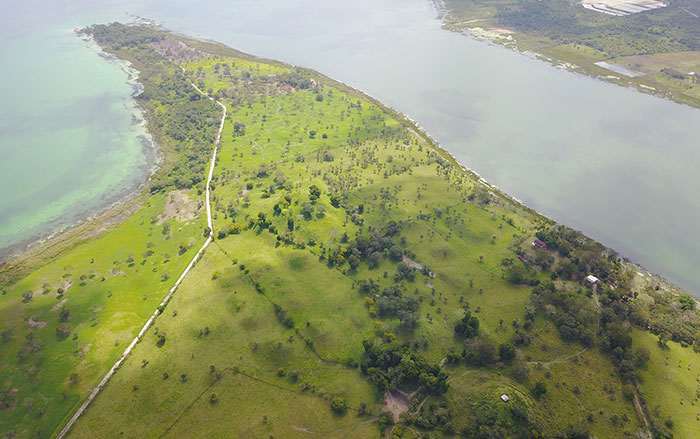 (Courtesy Timothy Pugh/Itza Archaeological Project)
(Courtesy Timothy Pugh/Itza Archaeological Project) -
Letter from England July/August 2018
Inside the Anarchy
Archaeologists explore the landscape of England’s first civil war
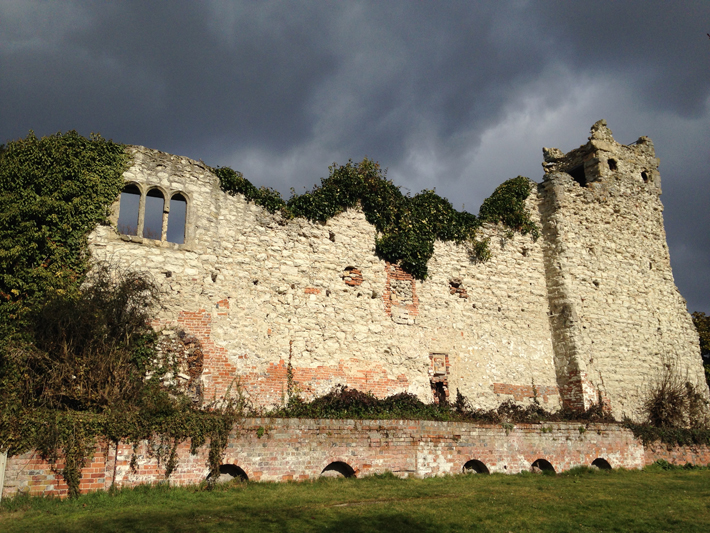 (Kate Ravilious)
(Kate Ravilious) -
Artifacts July/August 2018
Roman Boxing Gloves
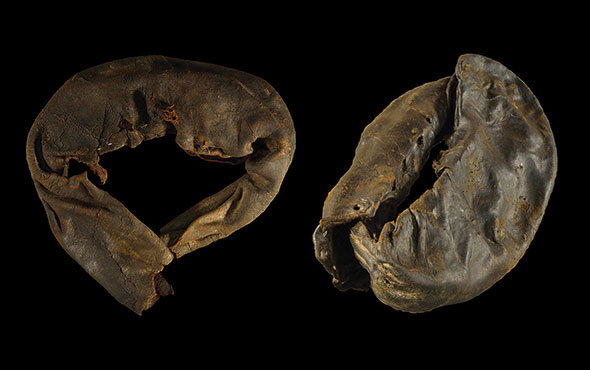 (Courtesy Vindolanda Trust)
(Courtesy Vindolanda Trust) -
Digs & Discoveries July/August 2018
Sun Storm
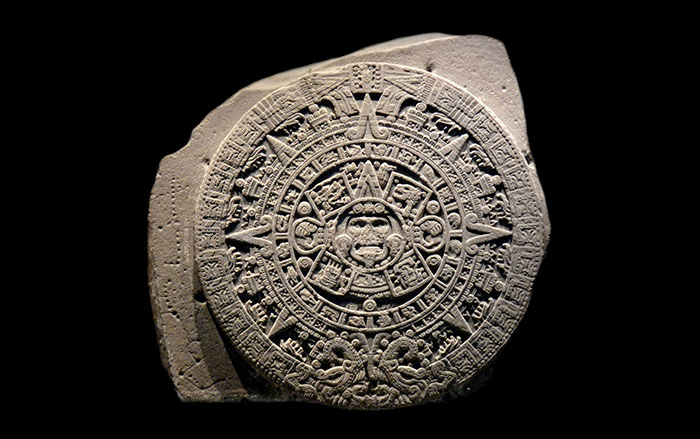 (Universal History Archive/UIG via Getty Images)
(Universal History Archive/UIG via Getty Images)



